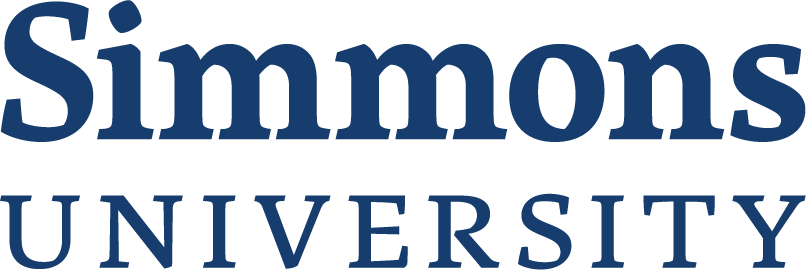Call for Papers: Library Trends
Posted July 3, 2019
Call for Papers: Library Trends
Special Issue: Family Matters: Mapping Information Phenomena Within the Context of the Family
Guest Editors: Nicole Dalmer, PhD and Sarah Barriage, PhD
Description:
This special issue centers on family-focused library and information science (LIS) research, drawing attention to the ways in which conducting research in this context is useful in extending our understanding of theoretical concepts and methodological approaches within our field. Family-focused research can take many forms, including collecting data with multiple members of the same family, examining individuals’ perspectives of the actions and influences of their family members, and/or conceptualizing a phenomenon of interest as being rooted within the family unit. Families in this context are broadly defined, and can be made up of both biological and non-biological relationships.
Scholars taking up family-focused research have the ability to investigate a myriad of intersecting topics that inform LIS research and practice, including: the role of technologies, the impact of relationships and emotional ties on information practices, information mediaries, the role of information in maintaining health and wellbeing, all while having the ability to investigate these topics from an intersectional lens, taking into account, for example, the impact of culture, geography, gender, race, and class on families’ (or specific family members’) information practices.
Studying information phenomena within the context of the family acknowledges that individuals do not live nor act within a vacuum, but that their actions, thoughts, and activities are influenced by the complex (and sometimes complicated) relationships with the family members with whom they share much time and daily life experiences. Families also serve as an interesting site for studying information phenomena given the shifting social structure of “the family”, attributed to detraditionalization and individualization as well as changes in demographics and familial geographic displacement. As such, this special issue is of timely relevance for a number of individuals in LIS, including practitioners, students, and researchers.
Potential articles within this theme might address the following:
- Tracing the evolution of family in library and information science research
- Challenges of intergenerational family research
- Proposing theoretical constructs for studying families’ information practices
- Systematic overview of methods used in family-focused research
- Comparing the study of “the family” with the study of other groups of individuals (members of political organizations, clubs, employees, etc.)
- Examining the impact of relationships on information sharing and information withholding amongst family members
- Strategies for managing families’ personal health information
- Changing trends in families’ use of public libraries
- Intergenerational use of information and communication technologies
- Rethinking information mediaries within the context of the family
Final articles should be between 4,000 and 10,000 words, not including references and supplementary material. For more information, see the Library Trends author instructions at https://www.press.jhu.edu/journals/library-trends/author-instructions.
Timeline:
Submission deadline for abstracts (no more than 700 words): November 15, 2019
Notification of acceptance decisions: by January 10, 2020
Initial full papers due: July 15, 2020
Review comments sent to authors: by November 30, 2020
Final manuscripts due: April 1, 2021
Publication: Fall 2021 (Volume 70 Issue 2 of Library Trends)
Abstracts and any inquiries should be sent to the guest editors, Nicole Dalmer and Sarah Barriage via email ([email protected] and [email protected]).
